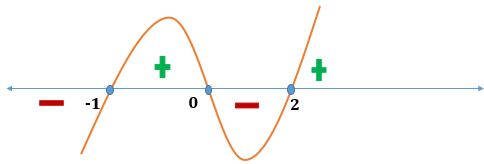Events & Promotions
| Last visit was: 23 Apr 2024, 12:28 |
It is currently 23 Apr 2024, 12:28 |

Customized
for You
Track
Your Progress
Practice
Pays
08:30 AM PDT
-09:30 AM PDT
07:30 AM PDT
-12:00 PM PDT
10:00 AM PDT
-11:00 AM PDT
12:00 PM EDT
-01:00 PM EDT
03:00 PM PDT
-04:00 PM PDT
11:00 AM EDT
-12:00 PM EDT
11:00 AM IST
-01:00 PM IST
11:00 AM IST
-01:00 PM IST
12:00 PM PDT
-01:00 PM PDT
06:45 AM PDT
-12:00 PM PDT
Difficulty:


 65%
(hard)
65%
(hard)
Question Stats:
60% (02:17) correct 40%
(02:10)
wrong
40%
(02:10)
wrong  based on 443
sessions
based on 443
sessions






|
|
||
|
Hi Generic [Bot],
Here are updates for you:
ANNOUNCEMENTS
Watch earlier episodes of DI series below EP1: 6 Hardest Two-Part Analysis Questions EP2: 5 Hardest Graphical Interpretation Questions
Tuck at Dartmouth
|